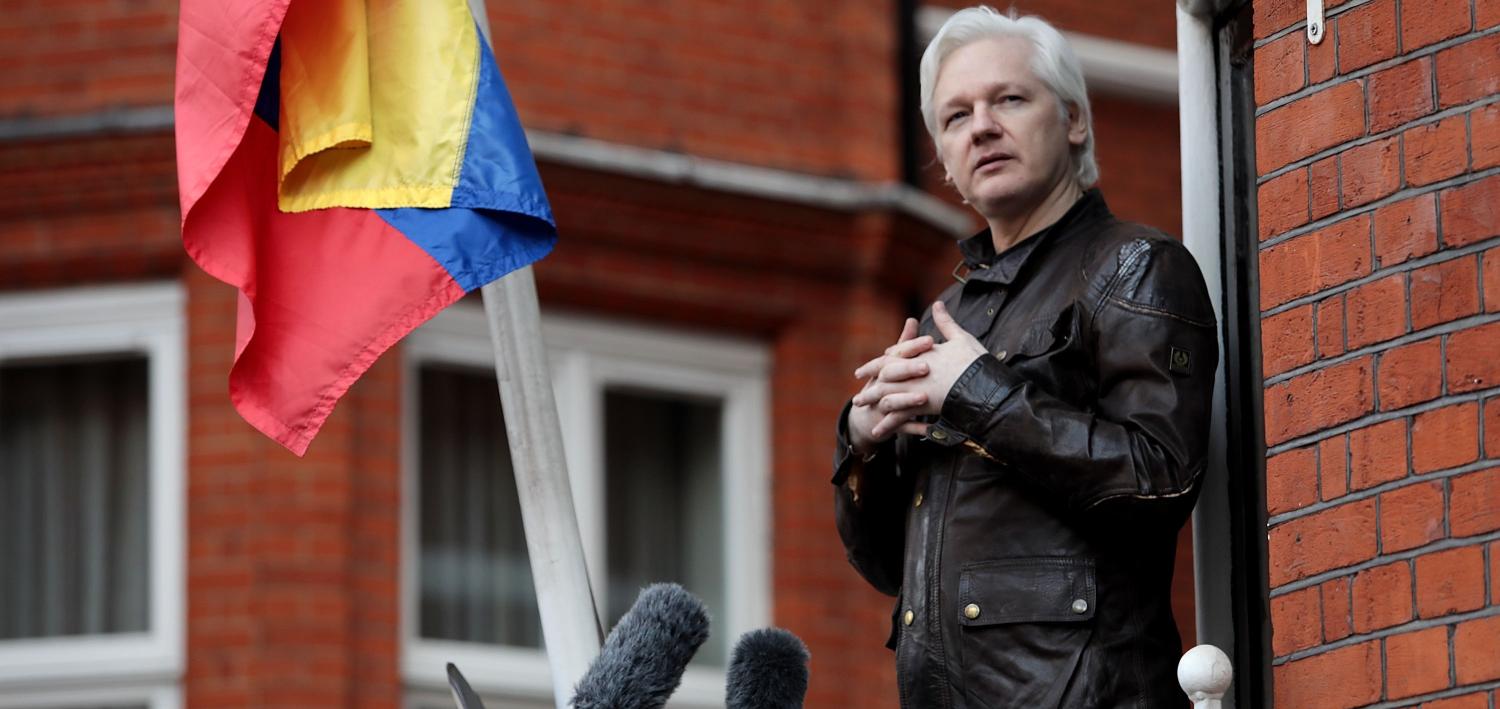Earlier today, The Atlantic's Julia Ioffe ran a story detailing Twitter correspondence between Donald Trump Jr and WikiLeaks (and potentially with WikiLeaks founder Julian Assange).
The piece is remarkable. It's not particularly revelatory that Assange had attempted to contact Trump Jr at all, as he claimed as much in July of this year. However, the nature of this contact is revealing and damaging for both WikiLeaks and Trump Jr.
The leaked correspondence is a clear demonstration that WikiLeaks is not a simple media/transparency organisation. Since the correspondence has come to light, Assange has attempted to spin it as a masterful ploy to prompt Trump Jr into promoting their publications and 'beguile' him into providing WikiLeaks with information, rather than active coordination and negotiation with the Trump campaign. If true, the attempt to 'beguile' is plainly unbecoming of a self-professed media outlet. More likely, Asange's explanatory narrative is false.
For Trump Jr, the consequences are yet to be fully fleshed out. Democratic Senator Richard Blumenthal has characterised the conversation as Trump Jr '[coordinating] strategy with a known agent of the Russian government' and called for the full exchange to be subpoenaed. Vice President Mike Pence has walked back comments made as a candidate in October of last year that the campaign was 'in cahoots' with WikiLeaks.
But the significance of one aspect of Ioffe's story is being overplayed – the request from the WikiLeaks account that Trump Jr arrange for his father to suggest the Australian government give Assange an ambassadorial posting in the US. According to the article's own subheading, 'the transparency organization asked the president's son for his cooperation…in arranging for Julian Assange to be Australia's ambassador to the United States.'
But Assange becoming an ambassador was seemingly never a realistic consideration for WikiLeaks. Rather, the suggestion was more an exercise in legitimising Assange in the eyes of the world: '[Australia] won't do it but it will send the right signals to Australia, UK + Sweden to start following the law and stop bending it to ingratiate themselves with the Clintons'.
While the notion of Trump endorsing Assange as Australia's Ambassador is absurd, it's only somewhat more absurd than Trump floating Brexit supremo Nigel Farage as the UK's Ambassador via Twitter – which actually happened.
Indeed, the timing suggests that may have been the inspiration for Assange's request. Trump spruiked Farage on 22 November last year, while WikiLeaks requested the same treatment for Assange on 16 December, going so far as to emulate Trump's tweeting style in a draft endorsement. The UK government doused any speculation Farage would be appointed the same day Trump made his comment and there would be no reason for any of the actors involved to suspect the Australian government's response would be any different, or any less swift. While no doubt interesting, getting hung up on this unrealised pipe dream detracts from the broader significance of Ioffe's story.
